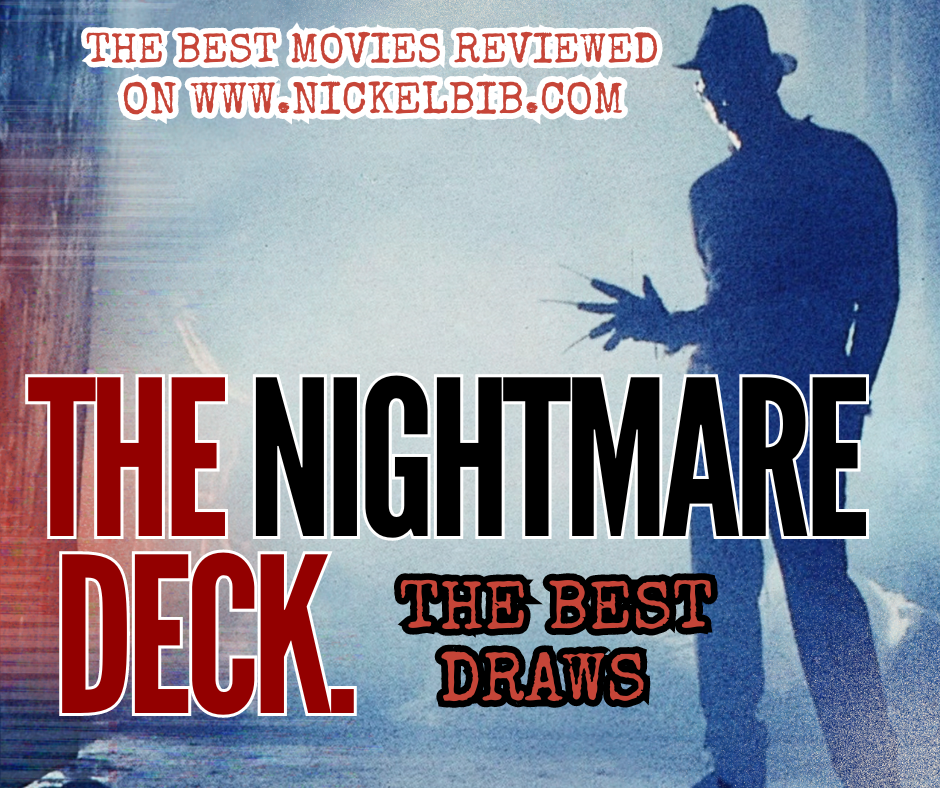Devil May Cry is a videogame I have let fall into the dreaded videogame queue for way longer than anything should ever fall into the videogame queue. Case and point, I first began Devil May Cry on the PlayStation 2, and now find myself completing a remastered version of Devil May Cry on the PlayStation 4.
The general reaction I had to Devil May Cry when I first played it all that many years ago is a lot different than the reaction I had in this playthrough. When I first played Devil May Cry, some, maybe, fifteen-something years ago, I found myself amused by an enjoyable, but largely too difficult hack-and-slash videogame, and never offered it much more of a chance than that.
Since then, my opinion has changed, as has, likely, my skill level (after all, an entire Demon / Dark Souls franchise has been spawned since then, of which, I am a huge fan). First and foremost, I’ve observed Devil May Cry isn’t particularly very difficult. At least, not in the base gameplay. The fighting style has a learning curve, but once you have had a chance to stretch out your legs, it’s another day at the office, so to speak. It doesn’t offer a whole lot in the way of strategy, per se, but what it does have a lot of is sheer fun-factor and enough depth to keep it from feeling like a standard hack-and-slash videogame. For instance, I recently replayed the original God of War, and found myself much more immersed in Devil May Cry’s balls-to-the-wall mayhem.
Devil May Cry, at its core, is, at best, a challenging videogame, and I came to appreciate that. The only ailments contributing to its difficulty were the fixed camera angles and the decision to incorporate gameplay mechanics outside the base game – for example, their decision to incorporate a rail-shooter like approach for the story’s climax, offering a difficulty that’s unseen for most of the experience.
Devil May Cry is very much a Capcom videogame through and through, borrowing architecturally from the Resident Evil franchise. After all, it was originally intended as such, before it went off in a different direction altogether. This leads to a very interesting aesthetic, offering up unique visuals that find influence from the Divine Comedy (of which, it’s very, very loosely based), while retaining the Resident Evil vibes. It’s something you can see very early on in Devil May Cry, walking through a building with two parallel stairways, you’ll be forgiven if you find yourself searching for a typewriter to mark your progression.
The story sees a demon hunter named Dante who pursues a lifelong vendetta against demons as he goes after the demon lord Mundus, the demon responsible for the deaths of Dante’s brother and mother. As a narrative, it leaves a lot to be desired. In the midst of an internet outage, I began my playthrough of Devil May Cry, which I completed in about six hours, and I can only vaguely tell you the gist of what it’s about. Dante’s characterization, along with the characterization of other characters, is paper thin, to say the least, and the voice-acting throughout offers Resident Evil’s “Jill sandwich” moment a run for its money.
All of what I’ve said in mind, Devil May Cry is a videogame that really works more often than not. Like I prefaced, Devil May Cry has a sheer fun-factor about it. It isn’t a slow-burn and it isn’t a survival horror, it is an action experience, through and through. The videogame can be completed in a single-sitting (like I did), but, what’s important is, it never lets up during any of it. The atmosphere and aesthetic is inspired and has still aged remarkably well (obviously, I played a remaster, but I also played the remaster of Devil May Cry 2, and the same can’t be said about it). The creature designs are as inspired as anything seen in some of the best survival horrors, offering up dastardly, Clive Barker – esque nightmare fuel. The music and soundtrack is kinetic, energetic fun, incorporating a high-octane techno sound I’m not usually all for, but found myself immersed in by how it blended with what was happening on-screen.
Devil May Cry isn’t without its limitation in terms of narrative or characterization. It can feel melodramatic and even outright silly in a way where it doesn’t feel exactly like it is in on it. Regardless, it more than makes up for its shortcomings by offering a really fun, mayhem-induced action-arcade experience that’ll leave you wanting more. As we find ourselves in a new year, the twenty-something year old videogame shows its age, but it still has a lot to offer, and its influences live on, both in its own series and fantastic series’ like Bayonetta.





